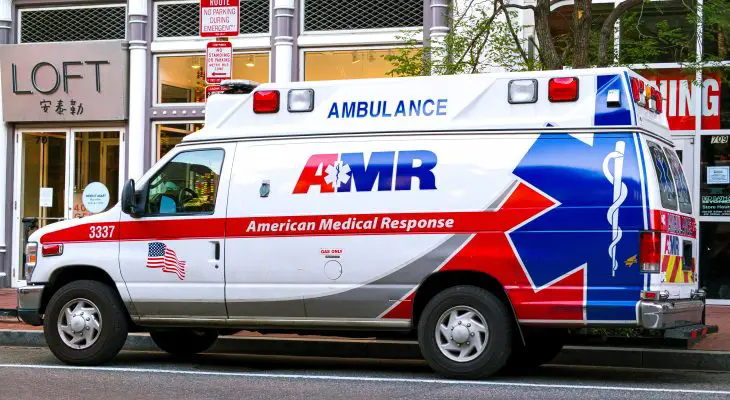Every single day, the United States depends on its brave cadre of first responders. This group, encompassing police officers, EMTs, paramedics, and firefighters, perform what is clearly one of the most demanding job roles, even though they often lack access to top-notch equipment. In fact, a report by USA Today revealed that a significant number of first responders continue to do their jobs day in and day out, without the essential tools they require. Despite these challenges, they relentlessly provide a layer of security for Americans, enabling them to sleep peacefully at night. While the necessary equipment might not always be available, there are various ways through which society expresses its gratitude for their unwavering service.
Help with homes
One key way in which first responders stand to benefit from their profession is in real estate. The US real estate market is hot, and has been for some months. Even with house prices starting to slow, it is arguably a prohibitively expensive time to try to purchase property. Assisting American heroes in getting their foot on the property ladder is the first responder home loan, a system of state and federal supported incentives to help those within a specified set of professions. Insider magazine highlights a whole host of states that offer such incentives; Oklahoma is arguably the most progressive in this regard, but new legislation may improve rates yet further to on a level with the VA loan offer.
Mental health care
Just like soldiers, first responders are often exposed to trauma that can create mental health conditions. When combined with the general high-stress workload they undertake, this can be hugely detrimental to the quality of life that first responders experience. In Ohio, House Bill 308 has recently been signed into law. This law establishes a fund for PTSD treatment in first responders, and an ongoing care program similar to the benefits that veterans receive. The conditions that first responders face are arguably becoming complex and difficult over time, making interventions like 308 crucial.
Thank you for service
The impact of service as a first responder can be most pronounced in later life. While most people are eager to enjoy a peaceful and stress-free retirement, the nature of mental health conditions created by the nature of work, and the impact of physical disability stemming from that same work, can be difficult for many first responders to manage. According to Government Exec magazine, a new federal bill would protect early retirement benefits for a wide range of first responder professions. Analysis shows how, currently, many federal officers are unable to retire at age 57 if they transfer to a different office. Bills like the one being touted would help to provide full coverage and protect the rights and income of retired heroes.
Of course, all of this is little recompense when first responders are working in substandard conditions. However, society and the federal authorities can, and should, take every step they are able to in order to make life easier outside of the line of duty.





